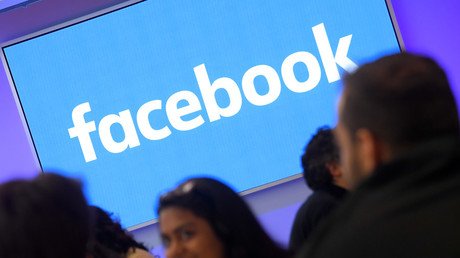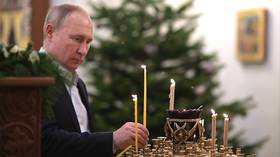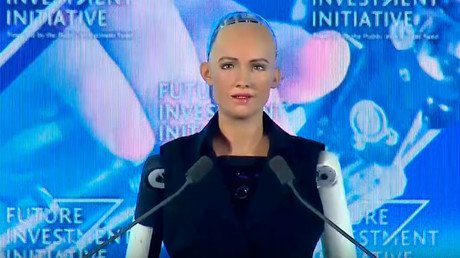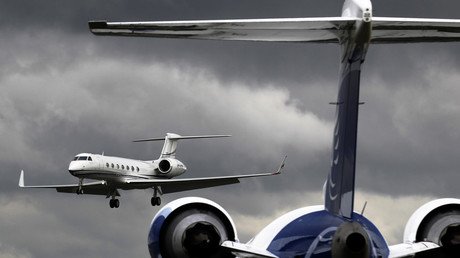Labour’s deputy leader calls for ‘Mueller-style’ investigation into 2016 EU referendum
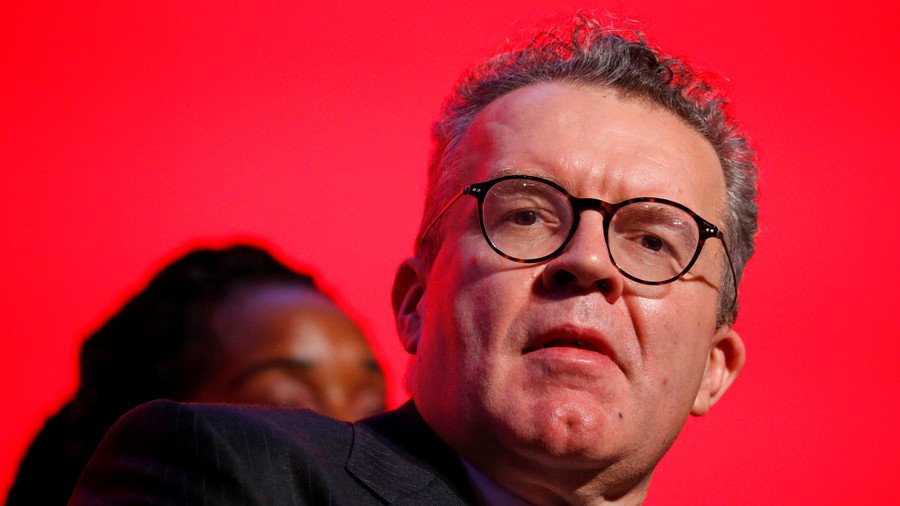
Labour’s deputy leader, Tom Watson has called on the UK government to conduct a ‘Mueller-style’ inquiry into allegations Russia interfered in the 2016 EU referendum, despite an Oxford study failing to backup such accusations.
Watson has written to Foreign Secretary Jeremy Hunt, claiming that as many as 150,000 Russian linked Twitter accounts were tweeting about Brexit during the 2016 EU referendum. He accused Russian UK-based media outlets, RT and Sputnik of producing "systematically one-sided coverage" of the referendum, and called for a ‘Mueller-style’ investigation into alleged Russian interference.
Today I have written to Jeremy Hunt to ask what investigations are taking place into Russian attempts to influence the EU referendum. It's time we followed the money and the lies and held a Mueller-style inquiry into the subverting of our own democracy. pic.twitter.com/FJsooqlt7u
— Tom Watson (@tom_watson) October 4, 2018
There have been countless claims since the Brexit referendum of 2016, but very little concrete evidence that Russia interfered in the vote. What’s slightly bizarre about Watson’s demands is that he calls for a ‘Mueller-style’ investigation, which has so far produced no clear evidence of Russian involvement in US elections, despite all the hype.
Corbyn’s number two points to a November 2017 research paper conducted by scientists at Swansea University and the University of California, Berkeley. They claim Russian Twitter accounts posted over 45,000 tweets about Brexit in 48 hours during the 2016 EU referendum. Is this really proof of Russian meddling when the same piece of research says “28.6 million Brexit-related tweets were collected between 24 May 2016 to 17 August 2016”?
In December 2017, the Financial Times reported research conducted by The Oxford Internet Institute, which found there had been “no significant Russian activity” during the lead up to the 2016 Brexit vote.
They discovered a total of 105 accounts had tweeted around 16,000 times in two separate weeks ahead of the referendum. Just 0.6 percent of the links shared via tweets with Brexit hashtags — which could have been in favour of either the Remain or Leave campaigns — were to known Russian sources such as Russia Today or Sputnik.
In 2017 Facebook identified an ad spend of less than $1 - 76 pence to be precise, by Russian organisations during the lead up to the EU referendum. The funds bought three adverts with an estimated reach of 200 people.
In February this year, Youtube’s head of policy, Juniper Downs, told the UK’s Digital, Culture, Media and Sport Committee that they had conducted a thorough investigation and found “no evidence of interference” by Russia into the 2016 Brexit referendum.
Watson has been both supported and ridiculed in equal measure on social media for his call for an inquiry into Russian meddling in the Brexit vote. Some are calling his actions “long overdue,” while others accuse him of “clutching at straws,” and claim the Mueller inquiry is the exact opposite of a public inquiry, as it’s conducted in secrecy.
Well done Tom, long overdue.
— Russell Martin #FBPE (@rustymar1) October 4, 2018
Well done, Tom. But it does beg the question as to how Labour can still "respect the result" if these questions need to be addressed?
— Mike W EU 🔶️#FBPE (@mwfamhist) October 4, 2018
Here's some more straws for you to grasp at pic.twitter.com/QmiiAPHswA
— Rob Spear (@Robbo1992x) October 4, 2018
Point of order: The Mueller investigation is the exact opposite of a public inquiry: Conducted in absolute secrecy without any leaks!
— John Yeatman (@jayeatman) October 4, 2018
Think your friends would be interested? Share this story!
Subscribe to RT newsletter to get stories the mainstream media won’t tell you.
